Quick question, choose your favorite movie or TV scene in a parking garage/lot from the choices below:
- James Bond - Tomorrow Never Dies
- Fried Green Tomatoes
- Fast and Furious
- Ferris Bueller’s Day Off
- Seinfeld “The Parking Garage”
- Fargo
Now, some of these scenes you may be familiar with and others not so much. So what’s your first step to learn about any of those you haven’t seen before?
Do you turn to Google or YouTube and search there? Or will you text/call someone to find out about these scenes? Maybe you’ll go right to Netflix and pull up a movie or show to see the parking scene in its entire context? Or perhaps you will just ask a person to describe what you don't know.
Regardless of the route you choose, your search for answers shows a willingness to act on your sense of curiosity and to take steps to satisfy that need to know something. That’s called learning, and it’s a good quality to have in today’s workplace!
Top performers want to learn so they can bolster their current portfolio of skills to advance careers. Or they may use learning to entirely overhaul their careers so they can move into a new role, department, or location. For employers, a flexible and nimble workforce is always a competitive advantage. Learning, development, and training all fall under the umbrella of teaching employees new things to ensure their skills keep pace with a company’s ever-changing strategy.
Regardless of the goal, employees who enjoy learning and sharing the newly obtained knowledge (presentations, conversations, etc.) will be more fully engaged and energized in work life. This creates a more fulfilling work life that in turn helps companies to continue the cycle of attracting and retaining top talent.
As a recruiter, how do you evaluate and measure a candidate's potential to learn, or their desire to continue to learn after being hired?
These are subjective, soft-skill qualities that can be difficult to capture. There are many options in the marketplace for HR software tools to measure a candidate’s learning ability and other behavioral profile attributes. Other options include drill-down questions and interactive exercises you can conduct during interviews.
We at Marlyn Group utilize all of these approaches to evaluate the learning abilities of talent when recruiting. Let us know if you would like to discuss any of these evaluation options further, perhaps over a box of popcorn at the movies.
If you would like to learn more about leading recruiting practices in parking, download our Hiring Guide here:


